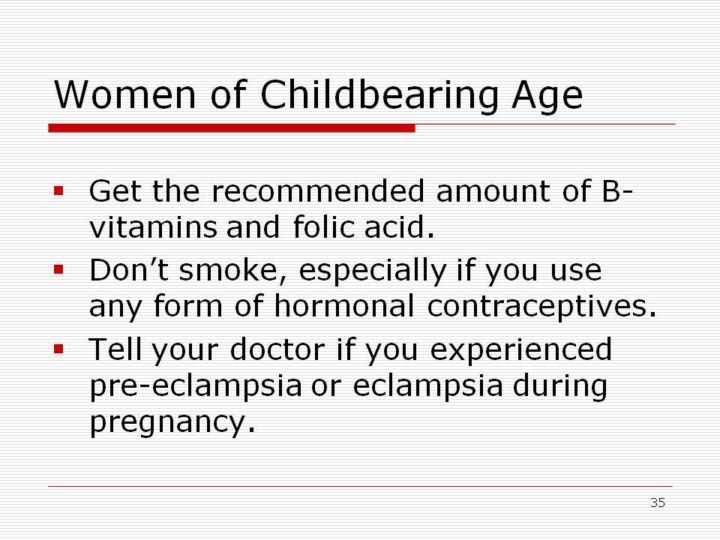Search for most updated materials ↑
| front |1 |2 |3 |4 |5 |6 |7 |8 |9 |10 |11 |12 |13 |14 |15 |16 |17 |18 |19 |20 |21 |22 |23 |24 | 25|26 |27 |28 |29 |30 |31 |32 |33 |34 |35 |36 |37 |38 |39 |40 |41 |42 |43 |44 |45 |46 |47 |48 |49 |50 |51 |52 |53 |54 |55 |56 |57 |58 |59 |60 |61 |62 |63 |review |
 |
•A
diet rich in folic acid (folate) and other B vitamins may protect you
from heart disease.
•Folic
acid (folate) and other B vitamins help break down homocysteine, an
amino acid in your blood.
•Too
much homocysteine is associated with an increased risk of heart disease.
Evidence suggests that homocysteine may promote atherosclerosis by
damaging the inner lining of arteries and promoting blood clots.
•Some
scientists recommend Folic Acid and B vitamin supplements, however, The
American Heart Association recommends a balanced diet that's rich in
fruits and vegetables, whole grains, and fat-free or low-fat dairy
products. Citrus fruits, tomatoes, vegetables and grain products are
good sources of folic acid as is bread that is made with fortified wheat
flour.
•Women
have always been told not to smoke when taking oral contraceptives.
Newer forms or hormonal contraceptives, such as patches and vaginal
rings, carry the same risk.
|